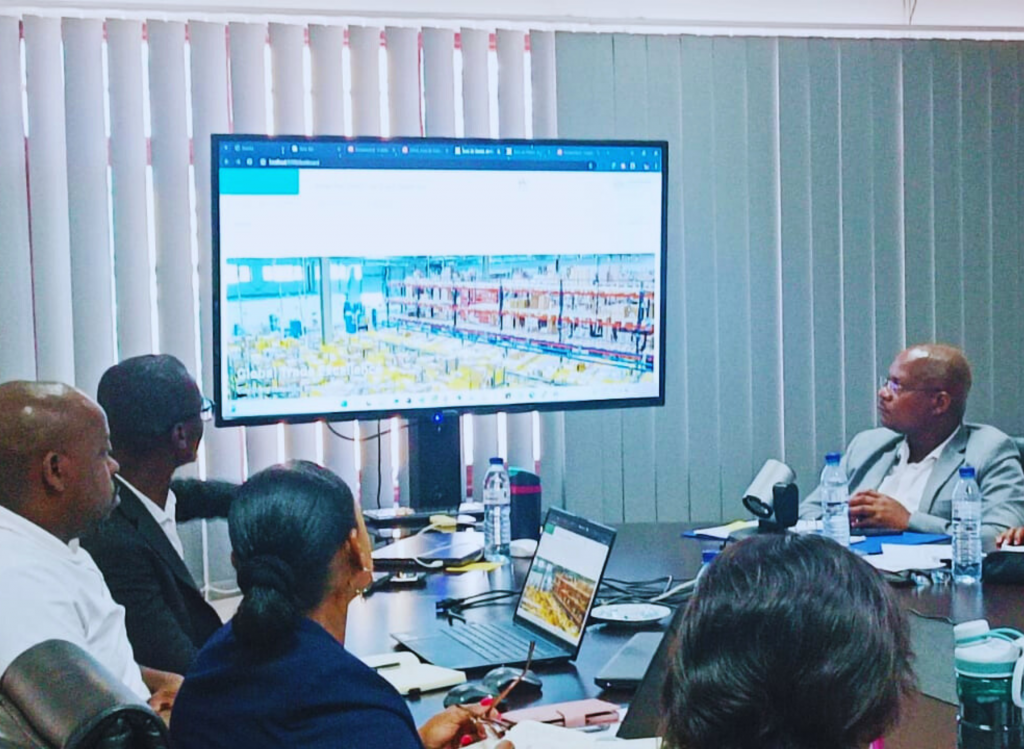https://ridgemonkey.co.uk/about-us Ambien 10 Mg Price Maputo, November 25, 2024 – Last Friday, the APIEX Board of Directors received a crucial update on the development of the Exporters Database, a strategic initiative aimed at strengthening Mozambique’s export capabilities. The presentation highlighted significant advancements in the implementation of the system, which aims to streamline export operations and enhance the country’s competitiveness.
Cheap Tramadol Online During the session, a detailed PowerPoint presentation was conducted, outlining the objectives of the database, its current status, and the next steps, along with a live demonstration of its functionalities. This event took place following the technical validation received from the APIEX Exporters Department, which approved the overall structure of the system earlier in the week.
enter site The General Director of APIEX praised the progress made and directed the team to prepare for upcoming presentations to the Advisory Council of the Ministry of Industry and Trade and to the Credit Facilitation Committee, scheduled for next week. This endorsement reflects the growing confidence in the project’s potential to transform the landscape of exports in Mozambique.
get link An important milestone for the project is scheduled for November 29, 2024, when a Training of Trainers (ToT) session will be held for 11 focal points from the provincial delegations of APIEX. This half-day program, taking place in Maputo, aims to equip participants with the necessary skills to operate and promote the system in their respective regions.
https://daccordshirts.com/contact/ Although the integration with MCNET and some development reports are still pending, the project is progressing steadily. The next steps include addressing the comments from the Delegation of the European Union (EU) regarding the database and finalizing the logistics for the ToT session.
Ambien Without Prescription As Mozambique positions itself to take advantage of modern technologies in trade facilitation, the Exporters Database represents an essential tool for driving economic growth. This action, which falls within the context of the PROMOVE Commerce Project, implemented by UNIDO and funded by the European Union, reflects the country’s commitment to building a sustainable and efficient export ecosystem.












